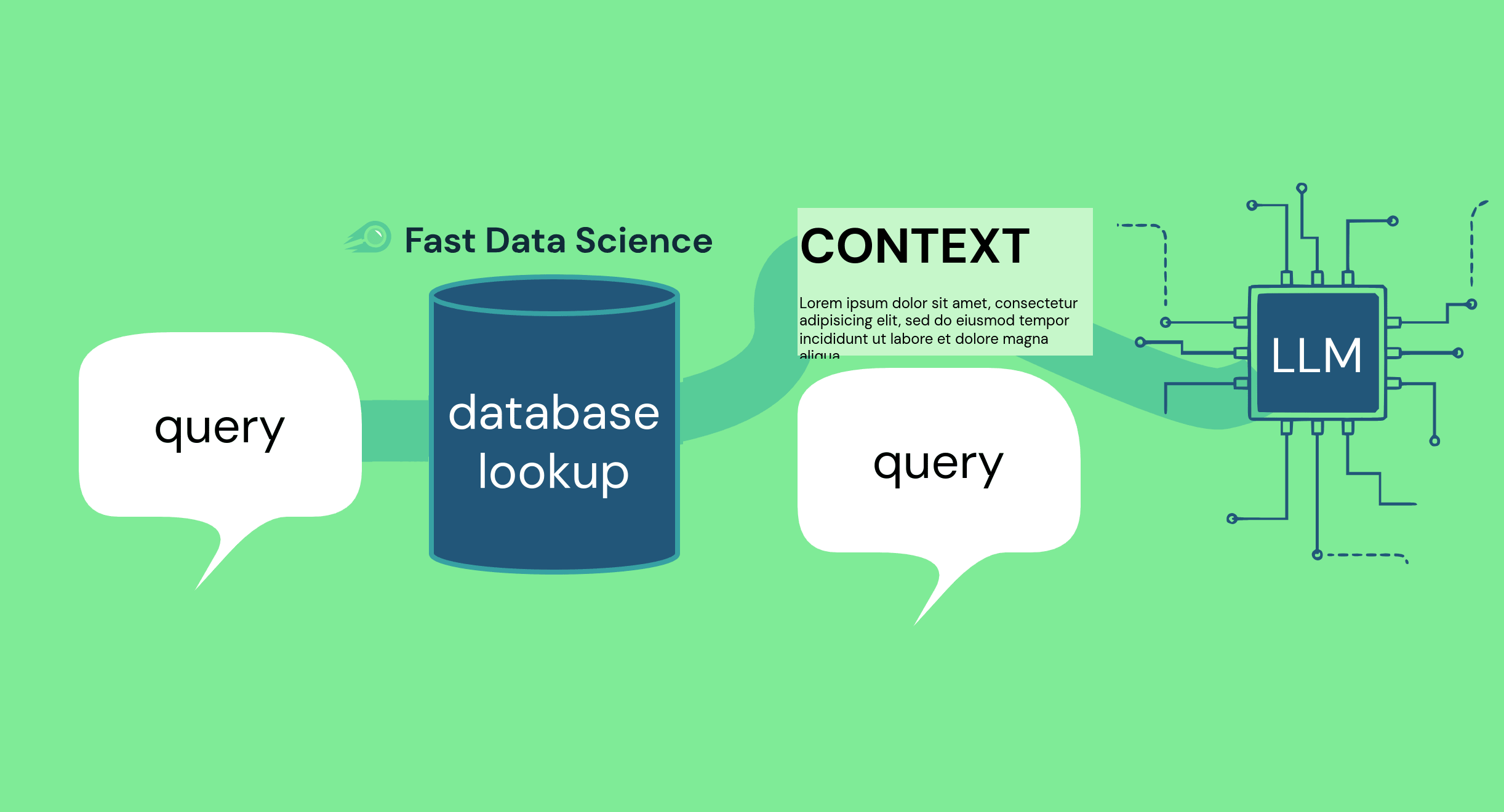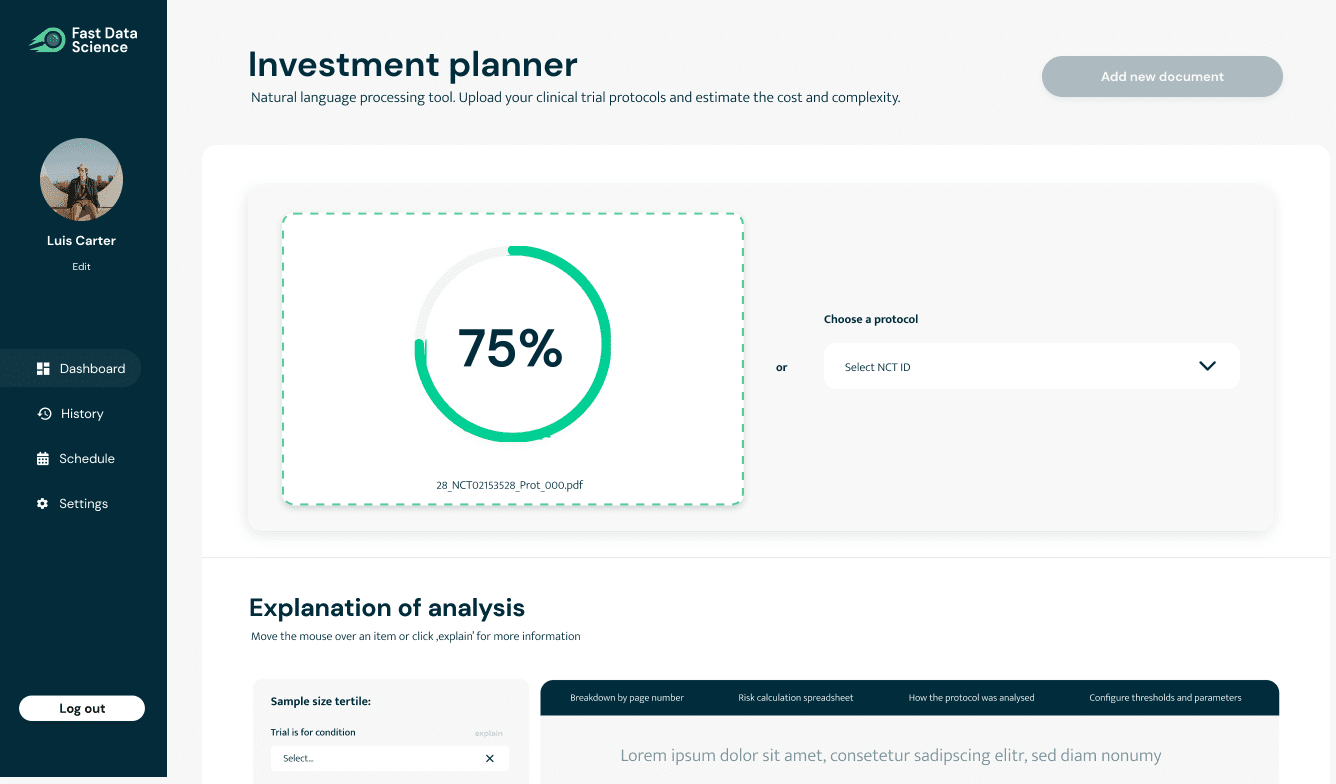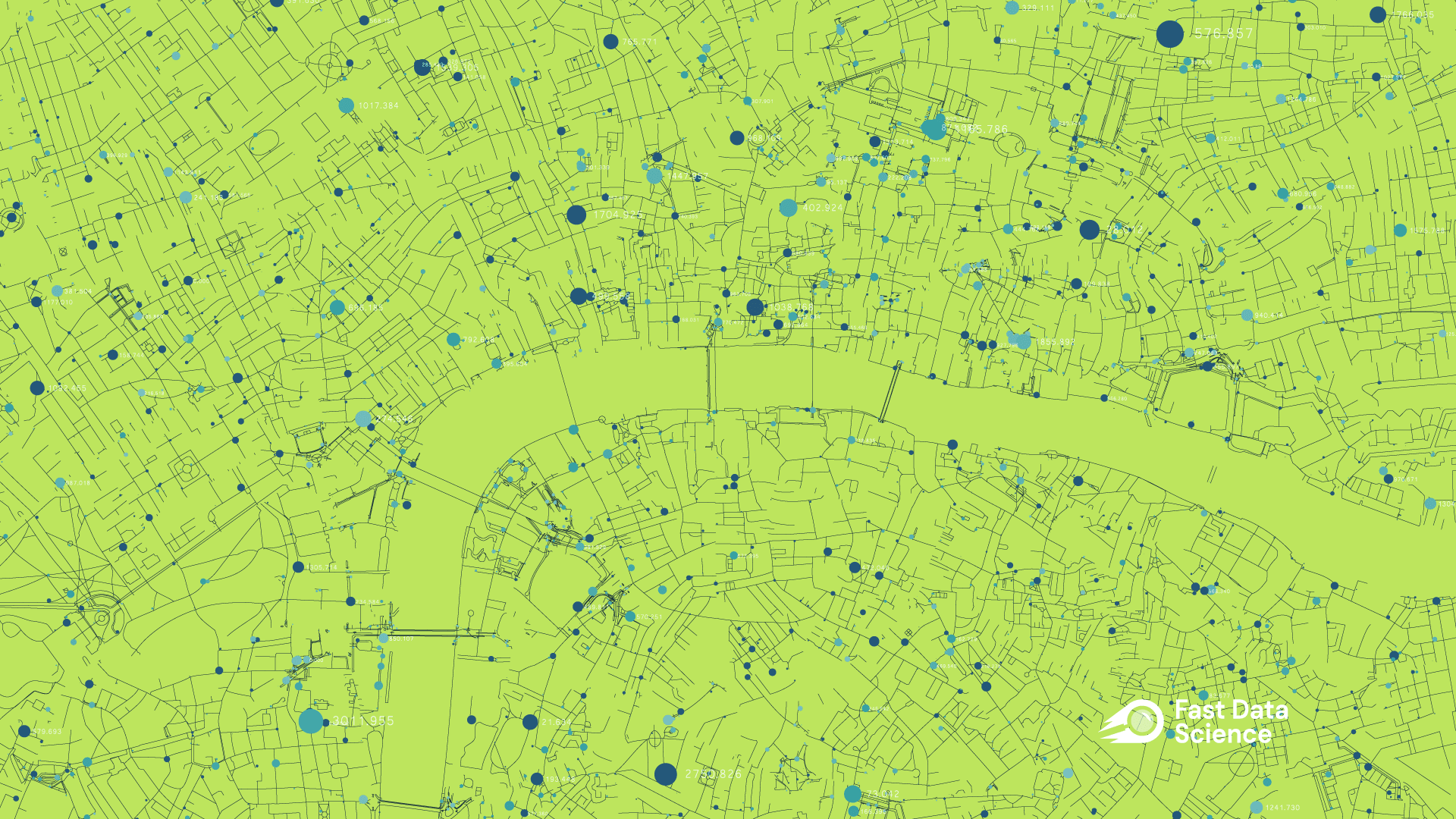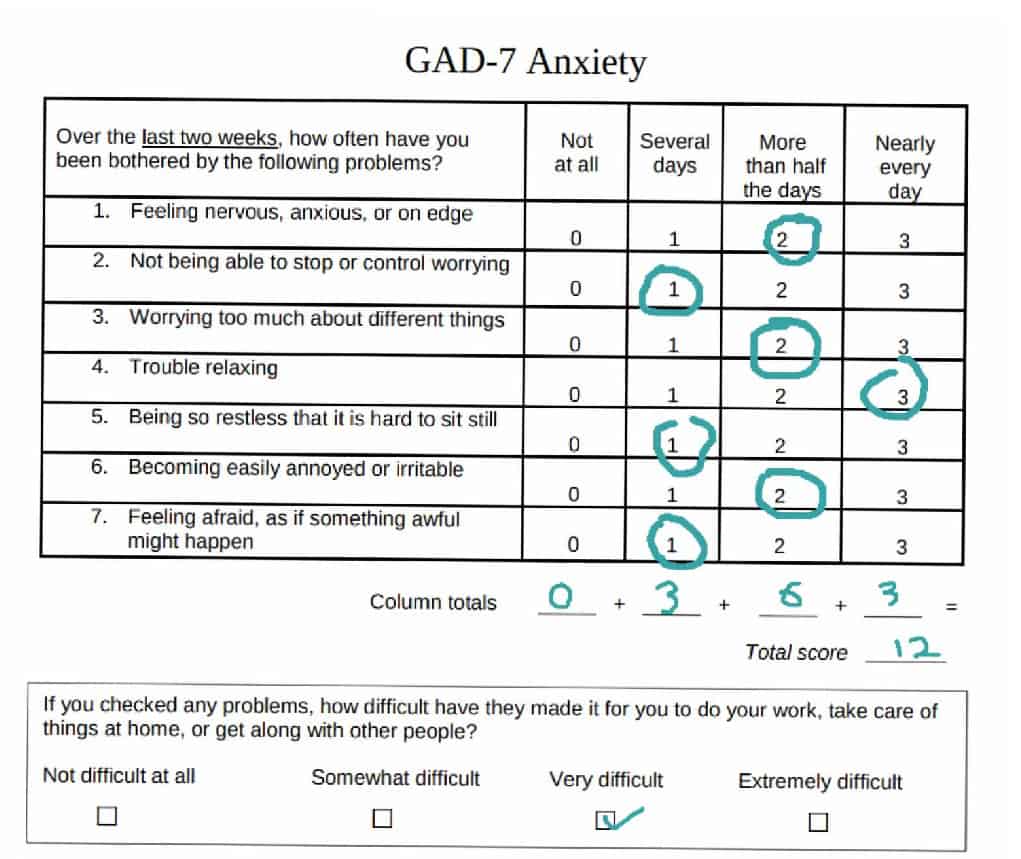
How NLP Enhances Healthcare Delivery and Operations (+ 8 NLP Strategies and 8 Applications) In recent years, there has been a lot of news about Natural Language Processing (NLP) and its applications for healthcare. NLP is the field of computer science and AI focusing on getting computers to understand how we speak and write. NLP is changing healthcare for a number of reasons. For example, in many healthcare systems there is an overwhelming amount of patient information and notes that need quick sorting. NLP in healthcare helps improve patient care and makes healthcare work better.

Natural language processing (NLP) is revolutionising how businesses interact with information. But large language models, or LLMs (also known as generative models or GenAI) can sometimes struggle with factual accuracy and keeping up with real-time information.

The AI ethics debate: does generative AI harm creative industries? What role will AI play in creative industries in the future? Artists are worried that DALL-E could put them out of a job. Creative writers are raising the alarm about ChatGPT. Hollywood actors are worried about their voices being cloned. Before long, a similar debate could arise about AI-generated music.

Fast Clinical AI We are developing a natural language processing (NLP) tool, Fast Clinical AI, for identifying risk, cost, recruitment and enrolment criteria, and consent complexities of clinical trials using natural language processing, which can be integrated to data sources from trial management platforms, allowing pharma companies to leverage AI in their operations.

In 2016, the British computer scientist and Turing Award winner Geoffrey Hinton stated: We should stop training radiologists now. It’s just completely obvious that within five years, deep learning is going to do better than radiologists.

Some finance companies have contacted Fast Data Science with a need for a very customised named entity recognition solution. Clients prepare lists of investments which could be funds or companies, and request a check on those companies.

What is NLP in business environments? Natural language processing (NLP) is a branch of AI (Artificial Intelligence), empowering computers to not just understand but also process and generate language in the same way that humans do. A prime example is how Google’s algorithm works to provide relevant results when people enter specific search terms.

We examine the potential influence of machine learning and AI on the legal industry. AI has transformed a number of industries but has not yet had a disruptive impact on the legal industry. It is unknown exactly how and when AI will become impactful in law, but it is important to prepare for this change.

How can we analyse and predict pedestrian (foot traffic) data? In today’s hyperconnected world, our smartphones have become inseparable companions, constantly gathering and transmitting data about our whereabouts and movements. This trove of information, often referred to as mobile traffic data, holds a wealth of insights about human behaviour within cities, offering a unique perspective on urban dynamics and patterns of movement.

We are excited to announce that our data harmonisation project Harmony has reached the final round of the Wellcome Data Prize in Mental Health. Only three teams were chosen for this stage. The prize is awarded to projects that use data to improve mental health research and practice. Fast Data Science is working on Harmony in collaboration with Ulster University, University College London, and the Universidade Federal de Santa Maria. Harmony has been a real team effort with some fantastic colleagues around the world, and we are looking forward to seeing our harmonisation tool facilitate mental health research across the globe.
What we can do for you